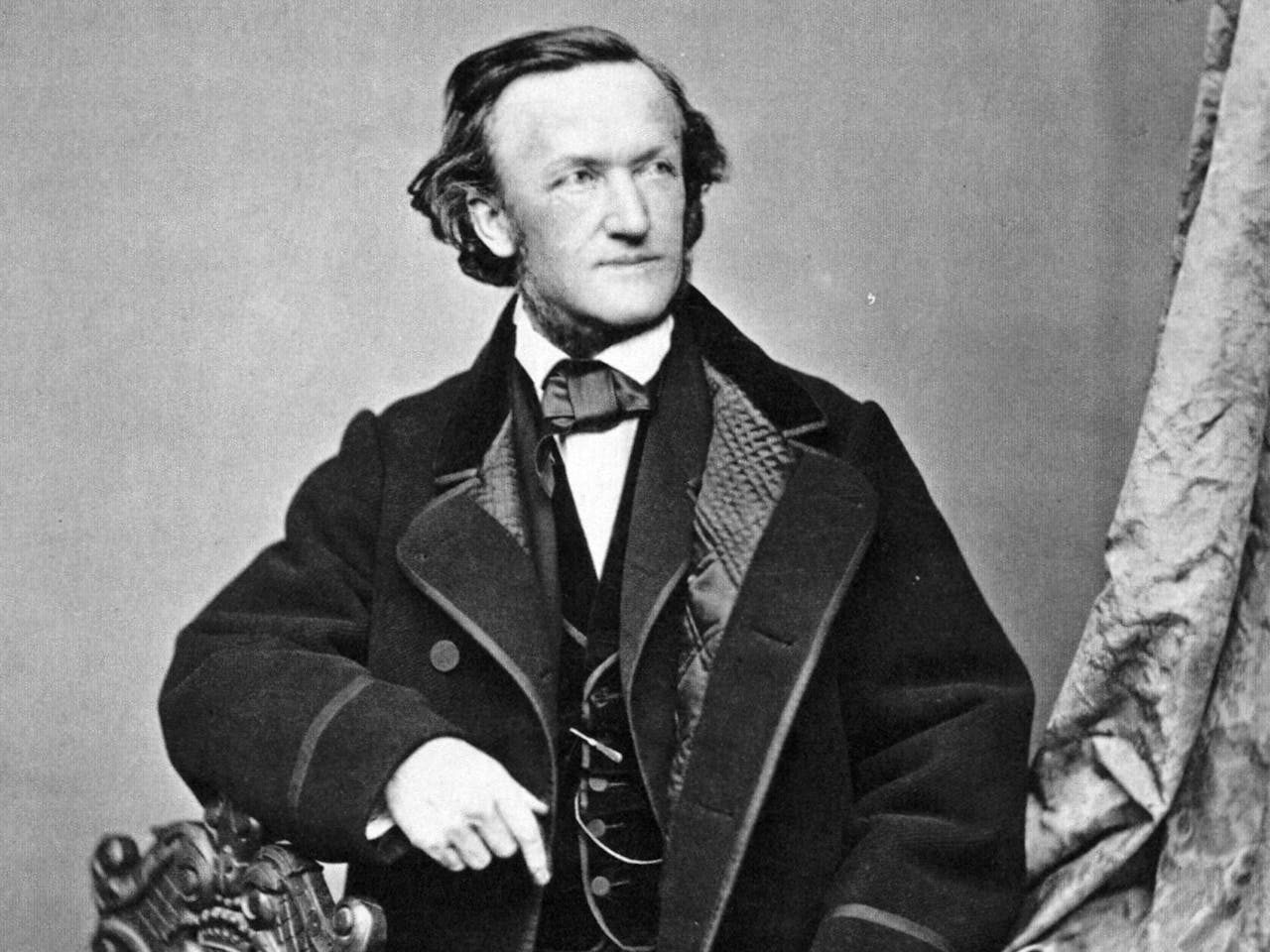Richard Wagner
Biography
Richard Wagner (1813–83) was one of the most significant figures in the history of opera. Through his music dramas he introduced extraordinary innovations that transformed the course of music. His works remain an exhilarating challenge for any opera house, none more so than his 15-hour four-opera epic Der Ring des Nibelungen.
Wagner was born in Leipzig and discovered his musical vocation early on. He absconded from his first job when he fell in love with the actress Minna Planer, whom he married in 1836. The tempestuous couple were continually dogged by debt, and twice had to smuggle themselves past border guards to evade warrants for Wagner’s arrest. In 1839 they escaped to Paris, where Wagner spent two dismal years failing to get his music performed and developed a profound contempt for the French – but his time in the home of grand opera had an immense influence on his music. Success finally came for Wagner in 1842 with the Dresden premiere of Rienzi, followed soon after by Der fliegende Holländer and Tannhäuser. Wagner’s involvement in a failed political coup meant he and Minna were on the run again in 1848, and Wagner missed the 1850 premiere of Lohengrin while exiled in Switzerland. The backing of the eccentric King Ludwig II gave Wagner, temporarily at least, a position in Munich from 1864. Although Wagner was forced to leave the city in 1865 when public opinion turned against him, the premieres of Das Rheingold (1869), Die Walküre (1870), Tristan und Isolde (1865) and Die Meistersinger von Nürnberg (1868) were all given in the Bavarian capital. Over several years Wagner scraped together enough funding to realize his great dream, for an opera festival dedicated exclusively to his music. The inaugural Bayreuth Festival was held in 1876 and opened with the first performance of the complete Der Ring des Nibelungen, staged in an opera house especially built for it. Wagner’s final opera, Parsifal, was first performed at Bayreuth in 1882, a few months before his death.
Fiercely political and determinedly outspoken, Wagner was never far from controversy. His personal life was no less tumultuous, but in 1864 he won a kind of stability with Liszt’s daughter Cosima von Bülow. The two were married from 1870 until the end of Wagner's life.
Royal Opera House Covent Garden Foundation, a charitable company limited by guarantee incorporated in England and Wales (Company number 480523) Charity Registered (Number 211775)

